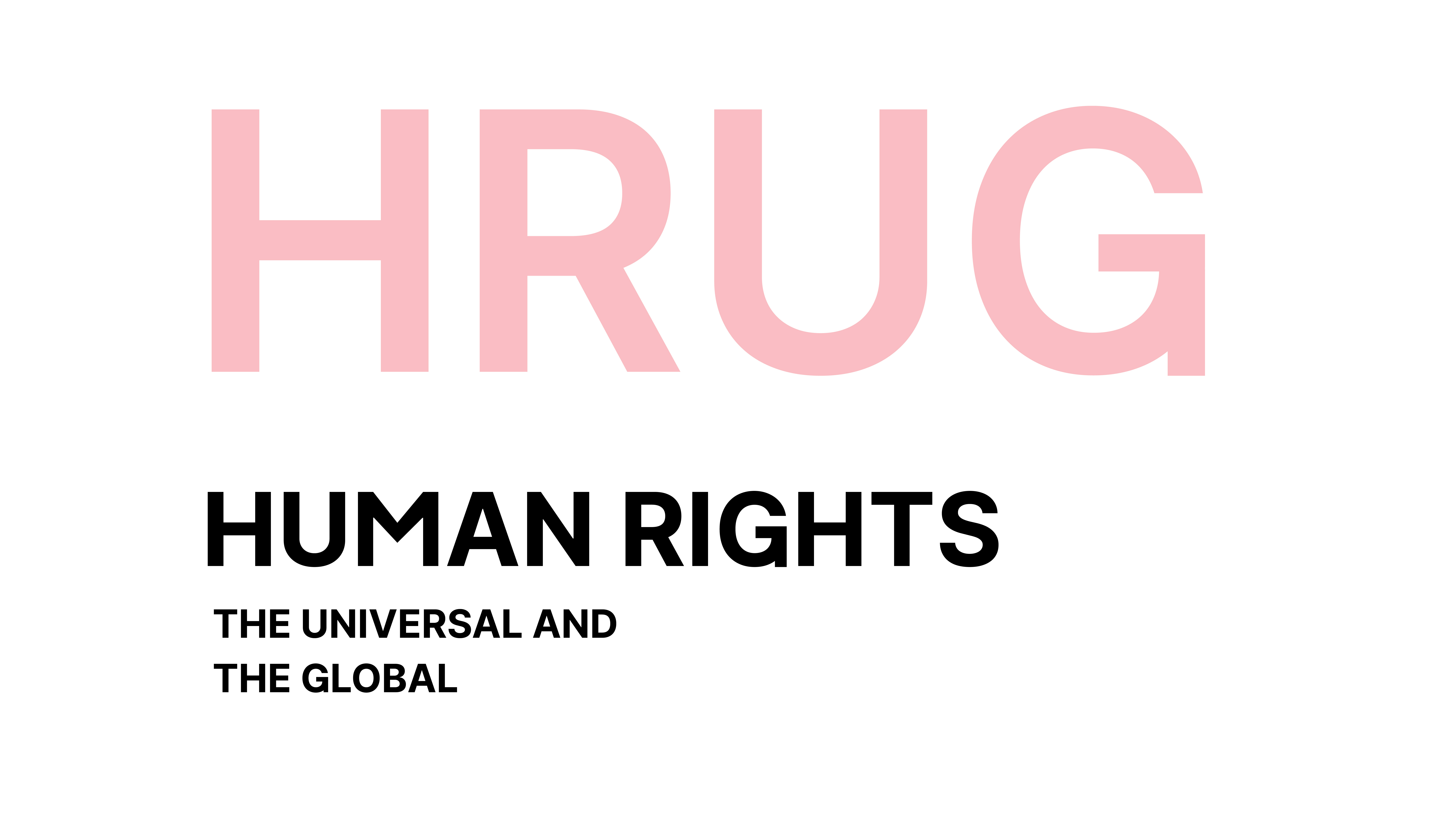The war in Ukraine is assessed in different ways, and the following will not engage with this. However, it seems that we are now facing a real escalation – after the • Trump-Putin-, • Trump-Zelens’kyj- and • Trump-European Heads of State-meetings.
Before looking at this question, it must be stated that we are dealing in some ways with an anachronistic absurdity: the 21st century … and seeing men loading weapons that remind in some way at what we could see in the olden times, when balls, big bullets, had been loaded in canons.
It had been frequently mentioned that this conflict may be escalate, being the root of a third world-war. Even today, I have doubts. However, we are now witnessing some unprecedented developments.
That this US-president, as so many others before him, is claiming the role of a world gendarme should not surprise. However, his procedure somewhat special: doesn’t securing security without ceasefire mean to maintain war, subsequently undermining security? Isn’t it like trying to extinguish a fire with oil?
All this looks like an ‘innovative approach to chess’: establish a third player who is not competing with the others, looking for hurting and finally fatal gambits; instead, this third player is now waiting that the two other players do the dirty work for him.
This is not only about the Russia-Ukraine-conflict – it is indeed about regaining the fully-fledged role of a world gendarme: the EUropean heads of states are called to come and they do so, appear like little poodles in front of the master who knows very well about the poodles core: it is about considerations that war is becoming a again a means of politics – suggesting, as Clausewitz, a military war theorist in Prussia did, that war is the continuation of politics with other means.
And as much as it is, of course, war, it is also the pre-war: ‘negotiating’ power positions. We must see the ‘march of European leaders’ to Washington in this light – though talking about march gives the wrong impression. It reminds me of a visit to Brussels – it had been those days when Bush visited Europe, with one stop in Brussels. That day I left my appartement, near to the Rue Pascale. Strange, not a single car on any of the five (?) lanes, walking to my meeting, I saw that all the side roads had been closed, blocked by police force. I became aware of what was going to happen just before it happened: Bush, escorted by police ahead and behind, driving to the Council (though some say that he hadn’t been in the car). Just after he passed the road had been opened again for the public traffic, only one lane reserved for the European leaders. A clear metaphor for the power relationships, then and now. And seeing the support of Ukraine in this light, is telling: supporting the US-strategy of being actively involved in the war scenery. In some news we find statements like ‘European leaders fawned over the president’.
That this is a serious orientation, finds an expression in the mobilisation of manpower: currently there is a plan to nearly double the number of ‘soldiers in reserve’ in the German army, based on the presumption – or must we say option ? – that we may witness war within the EU as future scenario.
The twist: the war is already happening – it is a war concerning the territory of control, today meaning: achieving ‘industrial influence’. As stated in an earlier post, ‘industry’ changed fundamentally, beginning latest in the 1950s, developing slowly but surely to a system of economic activities that consist of what had been earlier peripheral. In other words, the periphery moved to the centre, pushing to the periphery what had been the centre. As such, this is relevant for production and consumption alike, often blurring the borders between these two areas, resulting in what Alvin Toffler called presumption (Toffler, Alvin, 1970: Future Shock; New York: Random House; Toffler, Alvin, 1980: The Third Wave; New York: Bentham Books). While this economy is most likely a bubble, a far-reaching change must be accepted, realised by ‘miniaturisation’ and ‘de-materialisation’. Striving for hegemony means nowadays – though not entirely new – a skilful distribution of profits and costs, whereby the latter should be kept low through various mechanisms. For the latter, the focus is on competitive advantage, or in plain terms: exploitation by all means – not least trade war.
In other words, when we look at Ukraine we see nothing else than a jigsaw piece in this game, not least concerned with the geopolitical distribution of profit and cost – in the age of digital industries, artificial intelligence and a shift in matters of energy (move to renewable energy going hand in hand with increased consumption). The focus of such shifts must be seen in two trends or ambitions:
- control over intellectual property
- environmental control.
In this war on tariffs, or to be more precise: war on ‘global superiority’
(at the end of the day the old formula for the rate of profit

applies), small countries as the Ukraine are just the play ball of the leaders the global fields (technologically, standard economic parameters, politically).
Looking from at the question of Human Rights must be guided by the current geopolitical situation – and thus the growing interest in questions as “Has China Won?” (Kishore Mahbubani; 2020). Making America Great Again (or Make Europe/France/Germany/Italy/the UK …Great again) is thus looking at a dying man, trying to stand in the way of the gravedigger. Here may be as well the biggest current danger: the effect of the war, unifying Europe, first against the USA, then the West against the rest of the world, in particular against the challenger Building Your Dreams (BYD, the Chinese car maker).
